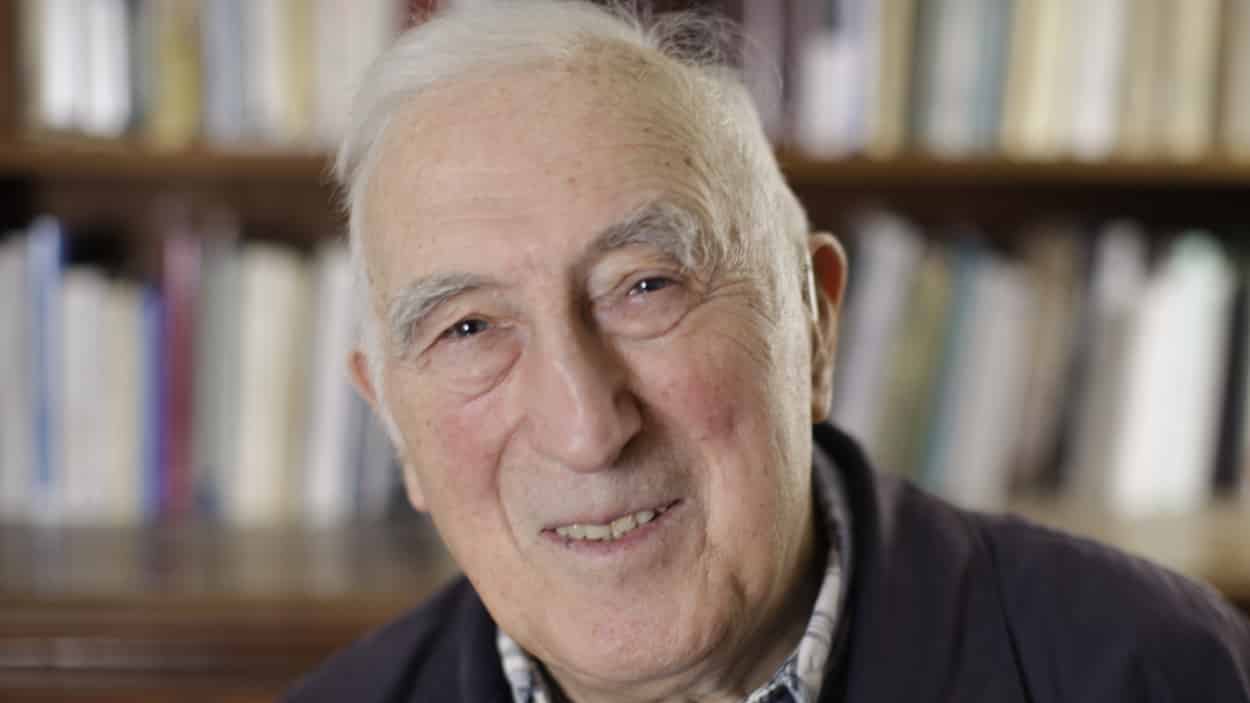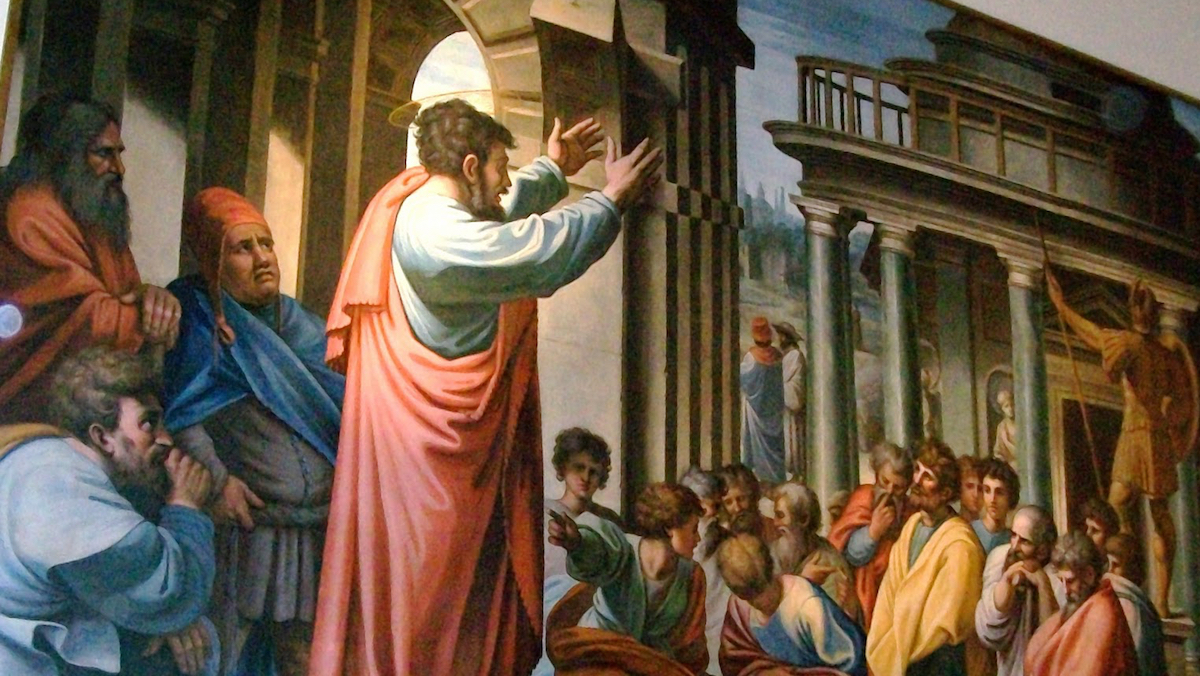Jean Vanier and a priest named Father Thomas Philippe were friends. In 1964, through this friendship, Jean Vanier became aware of the plight of thousands of people with developmental disabilities who were institutionalized. Vanier invited two of these men to leave the institutions where they lived and share his home in Trosly-Breuil France.
Their time living together led to the establishment of the first L’Arche community. L’Arche communities are for people with developmental disabilities to live together with the people who care for them. The care givers do not see themselves as superior or separate from their housemates. Each person in the community cares for the others, fills the void in each others’ lives and knows he or she is a source for love and joy. Those who have impairments are not defined by their needs but by the gifts they give to others. These gifts have transformative effects on communal healing, resilience, sense of worth and unity. All community members know they are weak and vulnerable which keeps them aware of their common humanity. Human imperfections are seen as gifts and opportunities to grow.
Jean teaches us many things. He believes that imperfections and fallibilities are important but overlooked aspects of being human. If the universality and centrality of shared fragility are highlighted, they have the potential to unite us. People can thrive when they are welcomed with their gifts and their weaknesses. One person’s gift can fill another person’s gap and vice versa. The weak can help the strong to accept and integrate their own weaknesses and brokenness. Weaknesses can draw people closer together. Vanier sees the positive side of handicaps. He wrote, “I am struck by how sharing our weakness and difficulties is more nourishing to others than sharing our qualities and successes.”
Jean Vanier’s life and mission is centered on the wisdom of tender love. He stresses entering into loving communication with those who are in distress so they can find confidence in themselves and discover their own gifts. To speak and listen to others in a way that reveals their beauty, worth and importance is a sound manifestation of tender love. Tender love is to see reality through the eyes of others, to be moved by their wounds, and to respond with compassionate action. Showing a genuine interest in a person should precede doing things for him or her. What it would be like to be in their place? Jean wrote, “Each person is sacred, no matter what his or her culture, religion, handicap or fragility. Each person is created in God’s image, each one has a heart, a capacity to love and be loved.” Jean believes that every human being, whatever their weakness, has something positive to contribute. Tender love does not mean doing great or extraordinary things. It means doing ordinary things with sensitivity, gentleness and always forgiving. In a living environment, if we love people as they are with their wounds and their gifts, rather than as we want them to be, we create peace and harmony. As we strive to listen and respect others, we foster unity. Accepting our own weaknesses is a sign of growth. Sharing our weaknesses and difficulties in a non self absorbed way, can create a strong bond between people. Jean wrote: “Only when all of our weaknesses are accepted as part of our humanity can our negative, broken self images be transformed.”
In his elder years, during an interview, Jean said he had his weaknesses, fragility and physical ailments of the heart. He had to take things quietly. Intellectually, he got tired much more quickly. He had a greater need for sleep and took a nap after lunch. This was his present reality which he accepted. He advises us to love the reality of today and not live in the imagination; in what could have been, what should have been or, we can add, what might be in the future because we do not know what our future on earth will bring. Whatever our future brings, we are all moving toward the ultimate reality which is death. Jean said we should not be frightened of death, for it is a passage, “which will be an extraordinary discovery, something that’ll be so amazing that we can’t even imagine it.”
Jean went home to God on May 7, 2019.
###
Additional reflections may be found at the author’s blog, Contemplative Christianity








